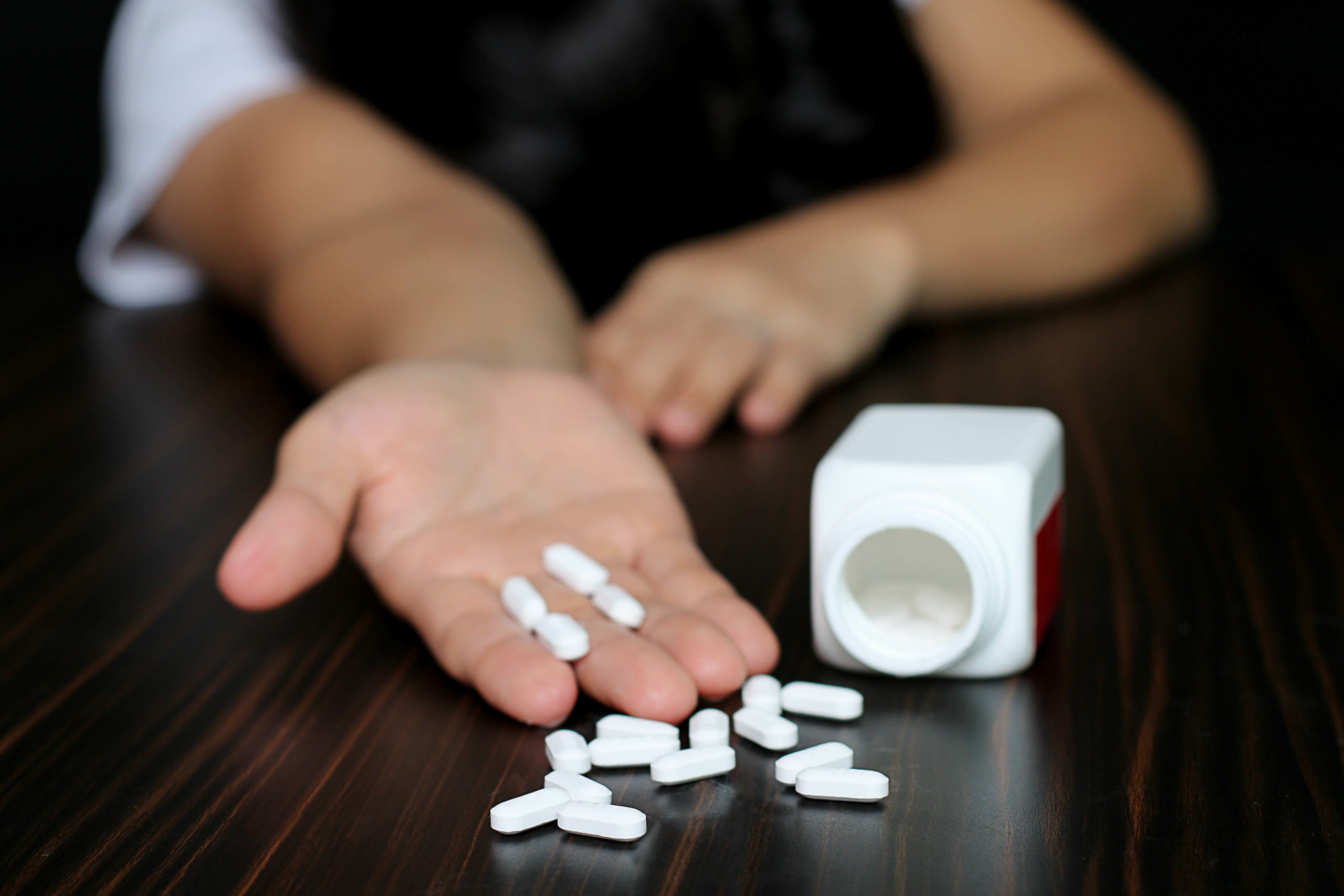Clearly we are living in an stressful time. With the COVID-19 pandemic, political turmoil, raging wildfires and more, it is not surprising to hear that more people are turning anti-anxiety medications to calm their nerves. But it is important to note that drugs like Xanax, Valium, Ativian and Klonopin (just to name a few) all carry addiction risks. In fact, the dependency threat has become so prominent, that the U.S. Food and Drug Administration is putting more regulations on their manufacturers.
All of these prominent anti-anxiety medications fall under the category of benzodiazepines, or “benzos” for short. There has been a lot of evidence over the years (and even more throughout the pandemic) that these types of meds lead to addiction problems. So to help combat that, the FDA will now require their distributors to outline the risks of abuse and withdrawals on their packaging labels.
ABC News covered this latest development and spoke with key leaders in the medical field about the pending changes. Dr. Bechoy Abdelmalak, a leading New York City psychiatrist, shared his thoughts on the situation.
“If monitored carefully, they have a great effect and can be very helpful to many patients who take them as prescribed,” Dr. Abdelmalak explained to the site. “When you start taking these drugs, the response is very positive so it becomes hard for patients to discontinue them. So patients often take them for many years and, with chronic use. I believe that benzodiazepines will not be the next big epidemic. They have been a ‘silent’ epidemic for decades.”
The new warnings will address addiction risks as well as the withdrawal symptoms many people experience when they stop taking the drugs. Serious issues like seizures have been known to occur, along with a bevy of other negative side effects.
A big concern that the FDA called out was that prescribed “benzo” use often carries over far longer than necessary. Research has shown that an estimated 50 percent of patients in 2018 took benzopdiazepines for two months or more, which is considerably more time than the recommended use of only a few weeks.
And it is also important to call out the black market for these medications. “Street benzos” are becoming increasingly popular, which connect people with large quantities of these drugs without a proper prescription.
If you or anyone you know is struggling anti-anxiety medication abuse, please reach out and get into a treatment program.







